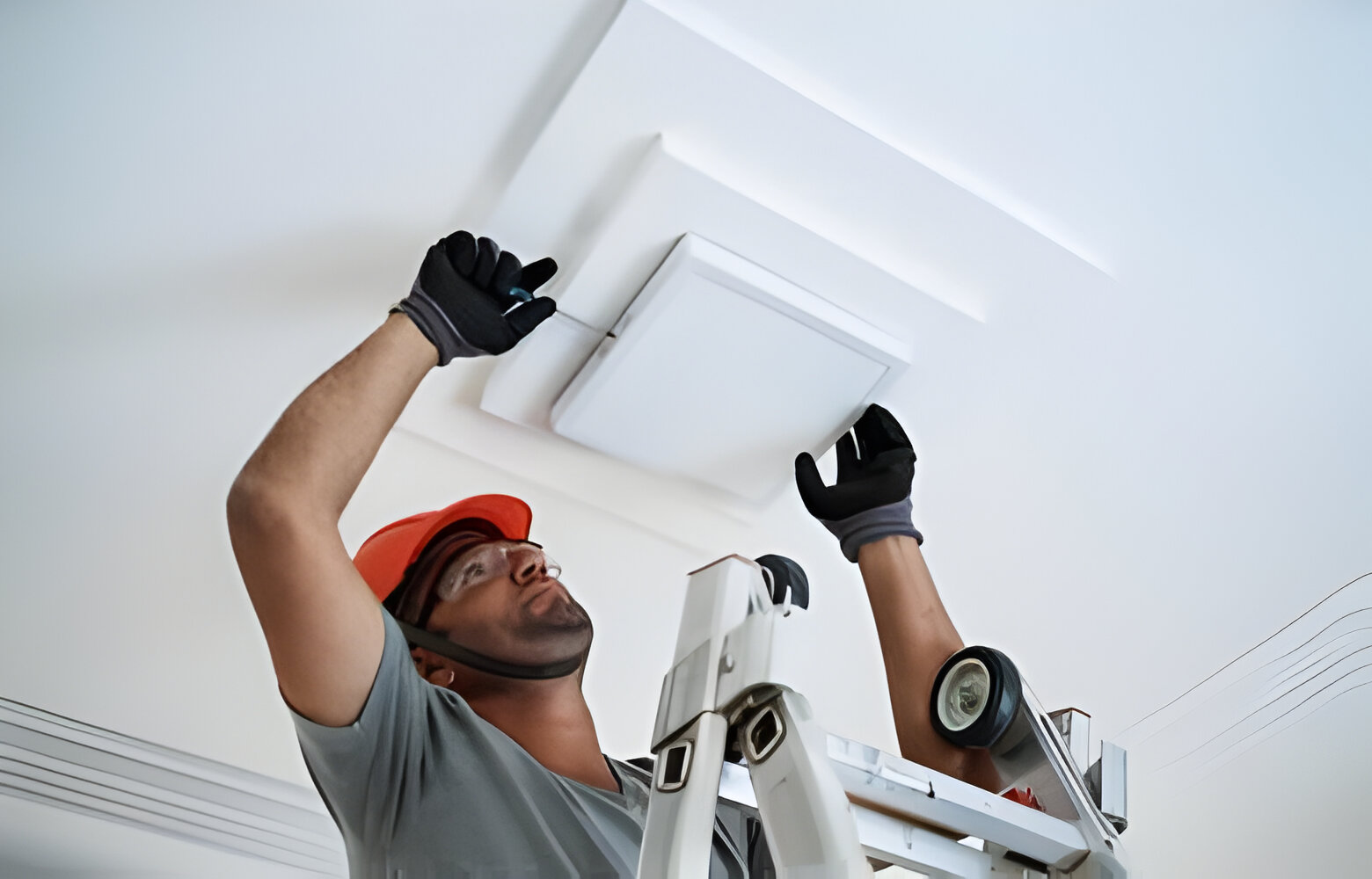Key Takeaways:
- Understanding the importance of regular electrical maintenance can prevent hazardous risks.
- Learning about the essential components of maintaining a safe electrical system enhances home safety.
- Adopting proactive measures can extend the lifespan of your home’s electrical installations.
Introduction
In today’s fast-paced world, a reliable electrical system is integral to maintaining the comfort and efficiency of your home. Electricity is fundamental to modern living, from powering essential appliances to keeping your home safe with security systems. Regular electrical maintenance is a formality and a crucial strategy for preventing unexpected outages and minimizing safety hazards.
Why Electrical Maintenance is Crucial
The importance of regular electrical maintenance must be balanced. It helps to identify and rectify issues before they escalate into serious problems, such as electrical fires or damage to expensive appliances. For instance, faulty wiring is among the leading causes of residential fires, an issue that rigorous maintenance can often prevent. According to a recent study by CNBC, approximately one-third of the home insurance claims linked to fire damages are attributed to poorly maintained electrical systems. By investing in routine inspections and upkeep, homeowners can significantly reduce the risk of such catastrophic events. Many residents in urban areas like Philadelphia rely on commercial electrical contractors Philadelphia PA, to ensure their systems are optimized and compliant with the latest safety standards.
Understanding Electrical Systems in Homes
When examining the components of a home electrical system, it’s vital to recognize elements like circuit breakers, wiring, outlets, switches, and lighting fixtures that work in tandem to ensure smooth operation. As technology evolves, electrical systems include intricate networks that support smart devices and energy-efficient appliances. This evolution brings about new maintenance challenges. Integrating smart home technology necessitates a sophisticated approach to maintenance, making it imperative to stay informed about the latest electrical system design and management.
Signs Your Electrical System Needs Attention
Attention to detail is essential when monitoring your home’s electrical health. Warning signs such as flickering lights or frequent tripping of circuit breakers often indicate underlying issues that require immediate attention. These indicators seem minor initially but could point to significant problems like overloaded circuits or aged wiring, potentially leading to more severe complications if left unaddressed. Homeowners should also be wary of buzzing sounds from outlets or switches, burning smells, and red flags for potential electrical hazards.
Benefits of Regular Electrical Maintenance
Regular electrical maintenance presents a variety of benefits that contribute to the overall well-being of a household. It ensures safety by mitigating risks of electrical fires and other hazards and promoting energy efficiency. Appliances and systems that are regularly maintained tend to perform more efficiently, resulting in decreased energy consumption and lower utility bills. Moreover, this practice can prevent unexpected and costly breakdowns, extending the lifespan of electrical components and preserving the home’s infrastructure. Economically, while professional maintenance costs are associated, the savings from improved efficiency and longevity of systems far outweigh the expenses.
Simple Electrical Maintenance Tips for Homeowners
- Regular visual inspections of wires and connections should be conducted to check for signs of damage or wear. Look for frayed cables, as they can be very dangerous.
- Test smoke and carbon monoxide detectors bi-annually to ensure they are operational and replace any old or faulty batteries.
- Ensure that your circuit breakers function correctly, and reset them occasionally to prevent rust or mechanical problems.
- Keep outlets and electrical panels free from dust and clutter to prevent overheating.
Homeowners looking to expand their knowledge of preventive measures can refer to this comprehensive electrical safety guide from the National Fire Protection Association for additional insights and standards.
Common Electrical Problems and How to Address Them
Awareness of common electrical issues is the first step in resolving them effectively. Overloaded circuits, for example, occur when too many devices are connected, overwhelming the circuit’s capacity. This can be addressed by unplugging non-essential devices or spreading electrical loads across multiple circuits. More complex problems, such as outdated or faulty wiring, necessitate the expertise of a qualified electrician. These professionals can conduct comprehensive inspections, ensuring that all components meet safety standards and are conducive to the home’s electrical demands.
The Future of Electrical Systems in Smart Homes
The advent of smart home innovations continues to transform the landscape of electrical systems. These technologies provide remarkable convenience, including energy usage monitoring and automated settings that enhance efficiency. However, these innovations also bring about new maintenance complexities, requiring both traditional knowledge and an understanding of digital interfaces. As this technology becomes more pervasive, homeowners must adopt a balanced approach that combines time-tested maintenance practices with new-age intelligent system management.
Conclusion
In conclusion, regular electrical maintenance is an indispensable practice for modern homeowners, offering benefits that range from enhanced safety to economic savings. Homeowners can enjoy peace of mind with a properly maintained electrical system by remaining vigilant and proactive and utilizing professional services when necessary. A home’s safety and efficiency depend heavily on the condition of its electrical infrastructure; making maintenance a priority ensures a secure and comfortable living environment.

